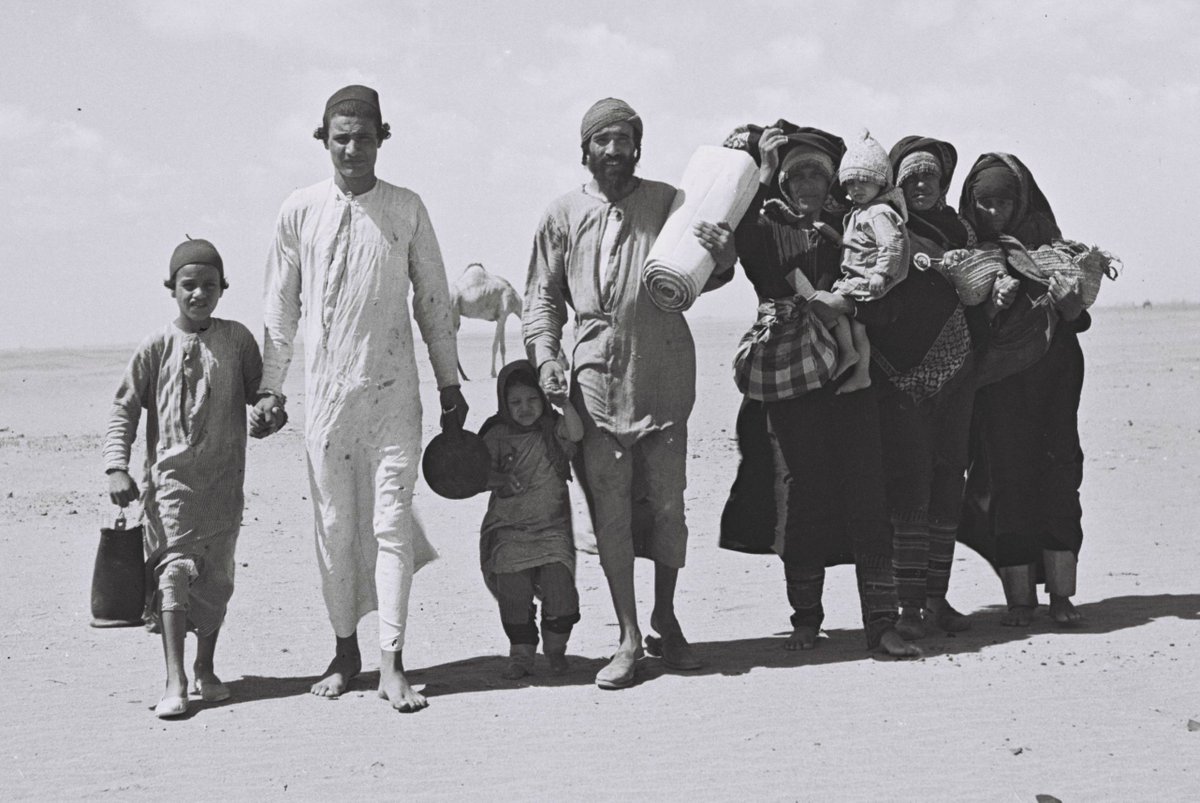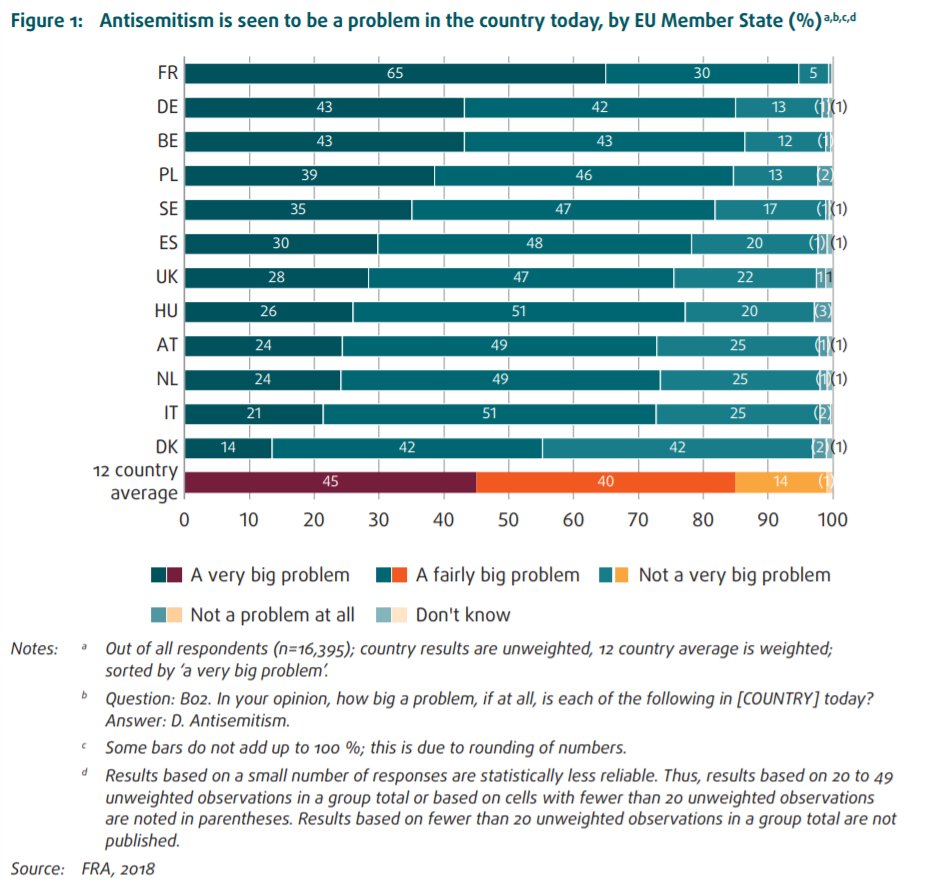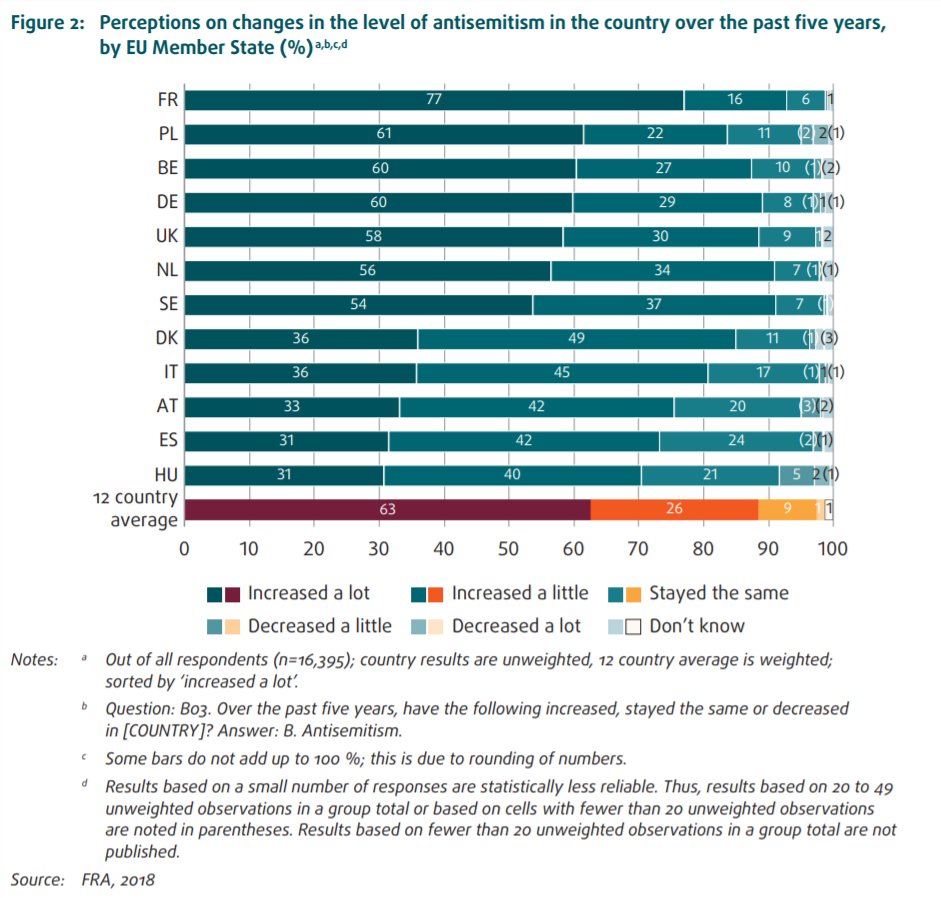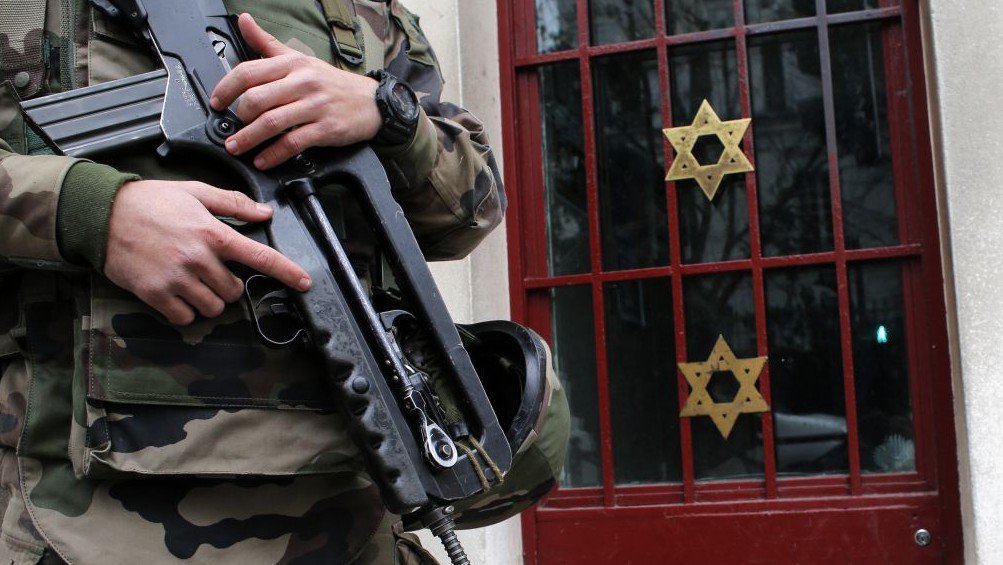
Today, November 30, is #JewishRefugeesDay.
From 1948 and on, more than 850,000 Jews were forced to leave Arab countries and Iran, where they had lived for millennia. Today fewer than 15,000 remain.
These are their stories.
(thread)
From 1948 and on, more than 850,000 Jews were forced to leave Arab countries and Iran, where they had lived for millennia. Today fewer than 15,000 remain.
These are their stories.
(thread)

More than 265,000 Jews lived in Morocco—the largest Jewish community in the Muslim world—in 1948. In June of that year, 43 were murdered in pogroms. Today only 2,000 Jews remain. One million Israelis are of Moroccan descent, 11% of Israel's total population.
#JewishRefugeesDay
#JewishRefugeesDay

Some 150,000 Jews lived in Iran in 1948. Anti-Jewish hostility drove tens of thousands to leave following Israel's establishment. Emigration increased dramatically following the Islamic Revolution in 1979. Today only 8,300 Jews remain in Iran.
#JewishRefugeesDay
#JewishRefugeesDay

An estimated 140,000 Jews lived in Algeria in 1948. The community dated back to the Roman period. During World War II, Algerian Jews suffered persecution under Vichy France. Today no Jews remain in the country, the majority having fled to France and Israel.
#JewishRefugeesDay
#JewishRefugeesDay

About 135,000 Jews lived in Iraq in 1948, a community dating as far back as the Babylonian captivity around 586 BCE. In June 1941, more than 180 Jews were murdered and 1,000 injured in a pogrom known as the Farhud. Today four Jews remain in Iraq.
#JewishRefugeesDay
#JewishRefugeesDay

An estimated 105,000 Jews lived in Tunisia in 1948. During World War II, Tunisian Jews were subjected to harsh restrictions under Vichy France. Thousands were sent to forced labor camps. Today an estimated 1,000 Jews remain in Tunisia.
#JewishRefugeesDay
#JewishRefugeesDay

75,000-80,000 Jews lived in Egypt in 1948. After Israel's establishment, Jews were declared "enemies of the state" and 1,000 were imprisoned. Thousands were forced to leave and had their property confiscated. Today an estimated 12 Jews remain in Egypt.
#JewishRefugeesDay
#JewishRefugeesDay

Approximately 55,000 Jews lived in Yemen in 1948. In 1947, 82 Jews were murdered in a pogrom in Aden. By 1950, almost the entire community had left for Israel. Today fewer than 50 Jews remain in Yemen.
#JewishRefugeesDay
#JewishRefugeesDay

An estimated 40,000 Jews lived in Libya in 1948. In 1945, 140 were murdered in a pogrom in Tripoli. More than 30,000 emigrated to Israel between 1948 and 1951. After the 1967 Six-Day War, antisemitic rioters murdered 18 Jews. Today no Jews remain in Libya.
#JewishRefugeesDay
#JewishRefugeesDay

30,000 Jews lived in Syria in 1948. The community traced its history to the time of King David. After the UN partition vote in 1947, anti-Jewish rioters murdered 75 Jews in Aleppo. Government persecution forced thousands to flee. Today no Jews remain in Syria.
#JewishRefugeesDay
#JewishRefugeesDay

Some 20,000 Jews lived in Lebanon in 1948. In 1945, 14 had been murdered in a pogrom in Tripoli. Thousands of Jews subsequently left and most of those who remained fled after the 1967 Six-Day War. Approximately 60 Jews remain in Lebanon today.
#JewishRefugeesDay
#JewishRefugeesDay

When we talk about Middle Eastern refugees, let us never forget the 850,000 Jews forced to flee their homes and start life anew in distant lands. Let us never forget the Jewish communities decimated after 1948. And let us never forget their calls for justice.
#JewishRefugeesDay
#JewishRefugeesDay

Join @AJCGlobal at 12 noon ET today for a special #JewishRefugeesDay event featuring the personal stories of three Jews who were forced to flee Arab and Muslim countries after 1948.
Register here: bit.ly/2Vf89no
Register here: bit.ly/2Vf89no
• • •
Missing some Tweet in this thread? You can try to
force a refresh








